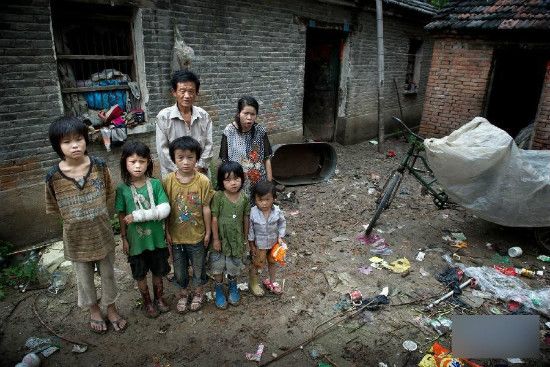Urbanization´s advantages and disadvantages
Good
morning fellow bloggers, I was reading the other day an article of the recent
increase of urbanization in the countries of South America during the last 20
years, and it got me really interested in the topic, so, I ended up researching
several hours yesterday about it and felt like “you know, I should talk about
this in my blog”, so here I am talking today about urbanization. When talking
about this topic we can spot many advantages, as well as disadvantages that it
can bring to our society. From my perspective, urbanization nowadays is a very
effective way for a government to increase production, as well as the economic
status of the area or country. Nonetheless, it is not all sunshine and
rainbows, as urbanization can be very disruptive to our environments and can
cause overpopulation in these new urban areas.

The process of urbanization has the
side effect of being able to increase the population on the cities/urban areas.
More people on a city may result in the increase of production, which
consequently means that the economy in that area would rise up. Why? To start,
we know that cities have a lot more job opportunities than in rural areas;
therefore, the increase in population of an urban area will lead to more people
working in any sort of job. This would obviously increase production of goods,
and due to supply and demand, economy would circulate way smoother, and overall
would be better in the city. For example, In the soviet union, from the 1920´s
to 1940´s, Stalin was able to hugely improve their economy through the
expansion of the cities and the industry. To put it in easily, haven’t you seen
that normally people have a better economic status in cities than on the fields?
This just shows how the economic flow on an urbanized area tends to be better
than that of rural areas, and therefore shows how urbanization can be positive
for a country.
Conversely,
there are always exceptions, urbanization cannot be considered a total win-win
scenario, it comes with its downfalls as well, most importantly overpopulation.
The procedure of urbanization as it concentrates on expanding cities; it brings
a lot of people with it to populate the new living space. The problem with this
is that sometimes, the populations of these new cities tend to grow larger in their
limits which can cause that the production of goods is not able to meet the
demand, as well as not being able to offer jobs for everyone which causes for a
group of unemployed and sub employed people. Take China for instance in the
1980´s, the population that kept growing out of proportions every day due to
urbanization had caused many social inconveniences including the fact that many
people sadly fell on poverty, with rates such as 88%.

How many times have we
seen that people ask for money on the streets due to not being able to find a
job?, and it may sound like I am contradicting myself, but if you read
carefully you will see that there is no such contradiction. And, overpopulation
if seen from another perspective can also be seen as the population of the
rural areas migrating to the cities for better opportunities, which end up
leaving a hollow point in rural production that tends to mean a decrease in
agricultural blossoming. For example, the other day I went to my local
supermarket for groceries and they told there would be constant shortages of
vegetables due to lack of production by their distributors. This can also be
seen in many African countries were the recent process of urbanization that had
the aim to increase urban population to 75%, has caused that many farmers and
other workers leave the rural areas, decreasing production in these regions.
To sum up, as you can see urbanization can have pros and cons which do not let
us see clearly if it is an easy process to carry out in a country. There, it
depends on how well the government can manage it so it does not escalate out of
control. What do you reckon? Make sure to let me know in the comments!, see you
on the next entry.

Comments
Post a Comment